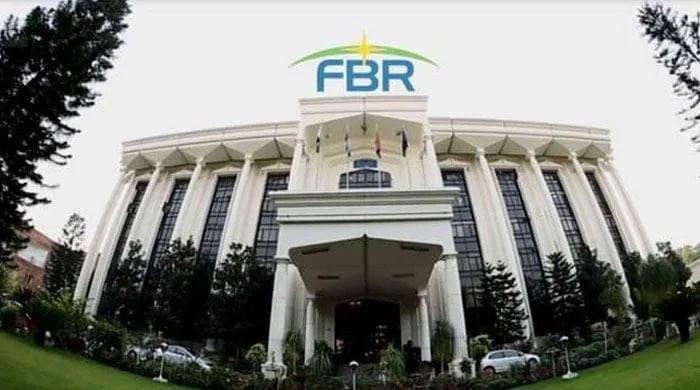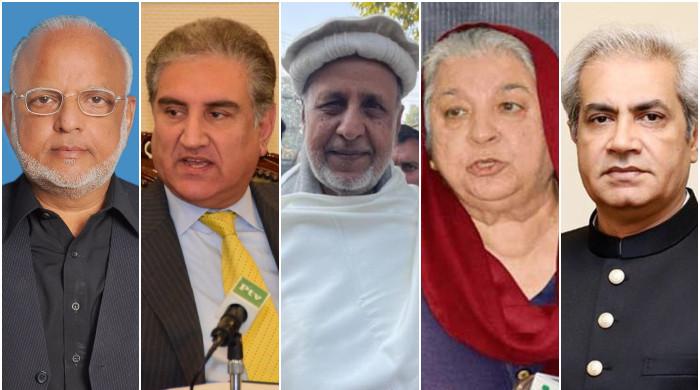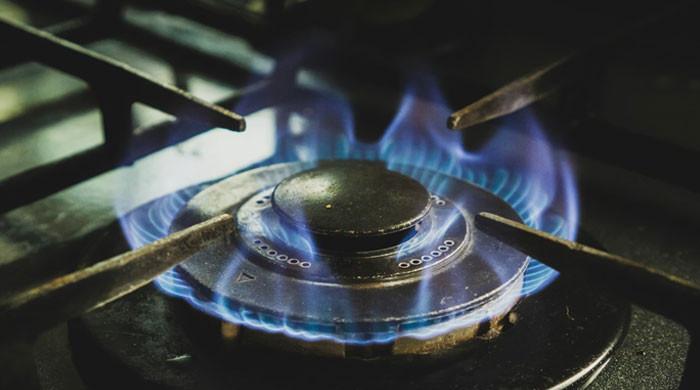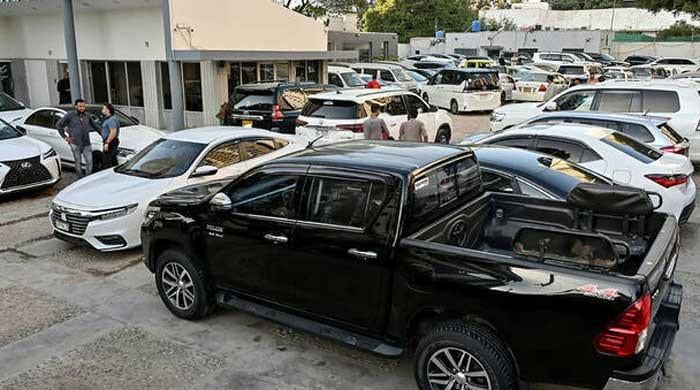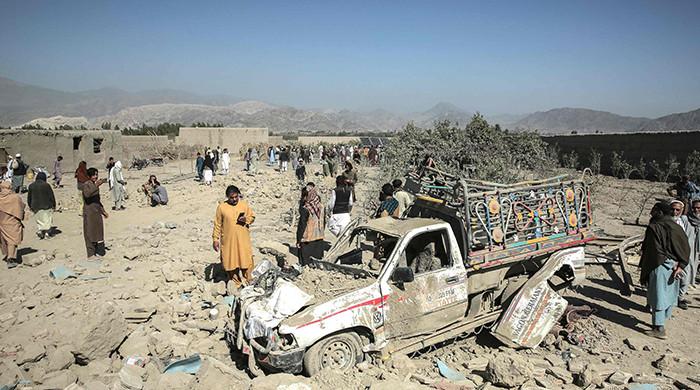Annoyed by hoarders, 'mafias', govt to step into agri sector supply chain
PTI govt eyes reintroduction of administrative price control mechanism (price magistracy) to gain greater control over inflation
June 12, 2021
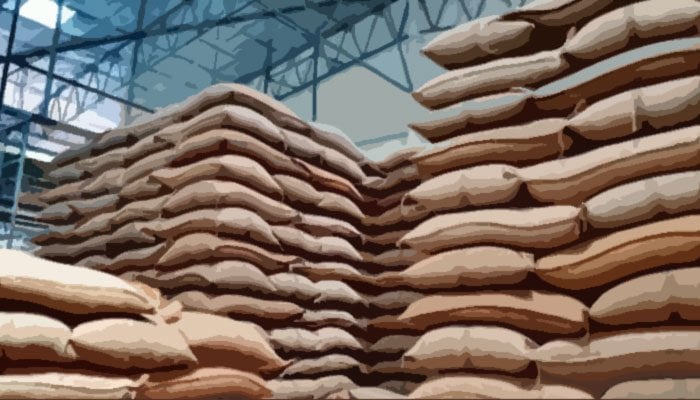
As the annual budget for fiscal year 2021-2022 was announced on Friday — inviting mixed reactions from the business community and vehement criticism from the Opposition — the PTI-led government vowed to bring relief to the masses by controlling inflation, especially in the prices of essential food items.
Delivering his speech while presenting the budget in the National Assembly, Federal Finance Minister Shaukat Tarin said that the government will take several measures, including the reintroduction of the administrative price control mechanism (price magistracy), to control inflation and bring the prices of food items down.
The finance minister said the country was facing severe inflationary pressures, due to which the economic condition of low-income sections of society had been particularly affected.
"It must be admitted that inflation predominantly increases because of a hike in the prices of edible items – most of which now have to be imported."
He noted that Pakistan had become a food deficit country due to domestic supply side shocks, because of which it had to import grains, sugar, edible oil, and pulses to meet local demand.
What measures is the government proposing to combat agricultural supply shocks?
The minister said that to see progress, the government has to make Pakistan a food-surplus country.
"[To that end] the government will provide several incentives to the agricultural sector in the coming fiscal year to boost growth," he said.
Tarin said the government will introduce commodity warehousing, storage facilities, and farm-to-market road connectivity so that farmers can avoid getting fleeced by middlemen and aarthis and instead gain direct access to wholesale markets where they can sell their crops.
"At present, there is a huge difference between the prices of crops being sold by farmers and the ones sold in wholesale markets," Tarin highlighted.
More drastically, the government also said it would reintroduce the administrative price control mechanisms which were scrapped during the tenure of former president Pervez Musharraf.
What are administrative price control mechanisms?
In the past, the deputy commissioner had also served as district magistrates, while an assistant commissioner's job was to act as a sub-divisional magistrate reported to by several assistant commissioners.
District magistrates had the authority to oversee criminal cases, except for those that involved the death penalty or life imprisonment. Two police stations were monitored by each magistrate.
However, these authorities were stripped away and redistributed between the police, the courts, and the executive during Musharraf's era.
This created a vacuum where the price control mechanism weakened over time. Resultantly, in some cases, some elements started profiting from uncurbed prices and manipulating the market at the cost of the public's helplessness.
The country last year saw prices of wheat and sugar going out of control, following which the government decided to set up committees to probe the matter. However, the move could not fix the core problem.
At the time, the government had blamed wheat hoarders and the sugar mafia for capitalising on the situation and creating an artificial price hike.
It seems the solution it has found to the issue is to directly monitor and control prices through the executive branch of the state.
Government has been absorbing much of the price increases: Tarin
Meanwhile, Tarin today also lauded the government's "people-friendly economic policies", because of which it was able to control the prices of commodities as much as possible.
"These days, edible items are seeing a decade-high level of price hike. During the last year, the price of crude oil saw an increase of 180%, but on a national level, the government decided to increase its price by 45% only," Tarin said.
Similarly, he said that in global markets, the price of wheat had increased by 27%, and the price of wheat subsequently increased in Pakistan because previous crops had been destroyed coupled with the artificial shortage created by hoarders which forced the government to import wheat from abroad.
The price of sugar too saw an increase of 56% globally, but the PTI-led government only increased its price by 18% as it too was importing the commodity.
Likewise, the price of edible oil increased by 76% in the global market, but in Pakistan, the government only increased it by 21%, Tarin said.
"These developments highlight that the government had kept a constant check on the prices of food items and Prime Minister Imran Khan personally supervised it," he said.




